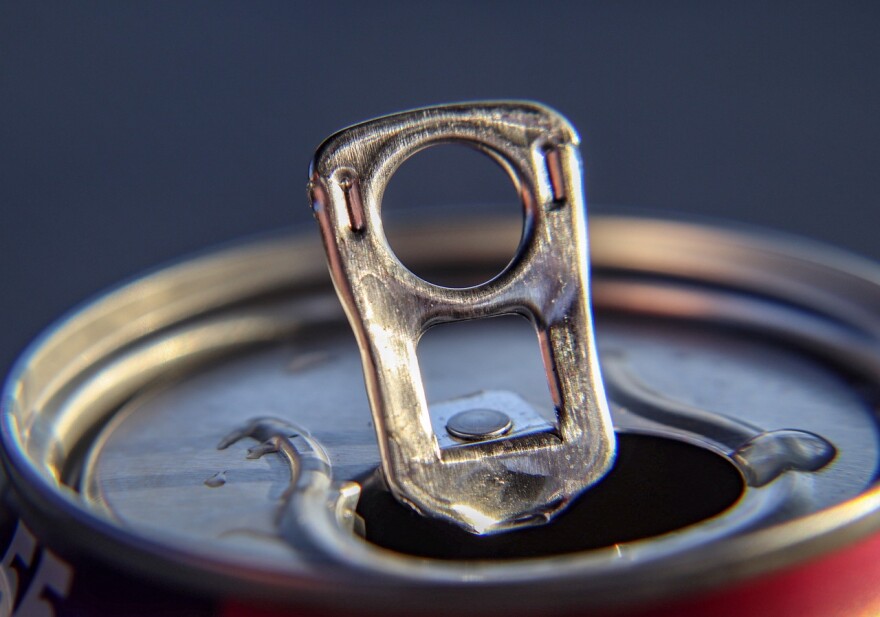Many in San Antonio are fans of Mexican Coke, which is reportedly made with cane sugar. But now U.S. consumers of the “Real Thing” will have the opportunity to purchase the cane sugar cola.
"We're going to be bringing a Coke sweetened with U.S. cane sugar into the market this fall," Coca-Cola Chairman and CEO James Quincey said on a conference call with analysts Tuesday.
The company announced the change in the quarterly earnings report it released Tuesday, describing the new drink as an expansion of its product line.
Quincey said the new offering would "complement" Coca-Cola's core portfolio of drinks, suggesting it could arrive as an alternative, rather than a replacement, for its flagship Coke product.
At the center of the Coke debate is a question of the health effects of using high fructose corn syrup (HFCS) as a widely used sweetener. And this comes as the United States faces a mounting diabetes crisis. According to the CDC, over 37 million Americans have type 2 diabetes, and another 96 million are prediabetic. Public health experts have long criticized the overconsumption of added sugars, particularly high fructose corn syrup (HFCS), which became the sweetener of choice in the 1980s due to its lower cost and agricultural subsidies.
High-fructose corn syrup has been targeted by U.S. Health and Human Services Secretary Robert F. Kennedy, Jr.
Kennedy called the common, cheap sweetener a “formula for making you obese and diabetic.” Kennedy and the “Make America Healthy Again” movement he leads have been lobbying the food and beverage industry to remove several ingredients from product formulations, including artificial food dyes and seed oils.
The FDA recommends that people limit consumption of all added sugars, including HFCS.
Added sugars and high fructose corn syrup are considered primary causes of the overweighting of America. Weight gain abetted by high-calorie foods containing HFCS can also contribute to heart disease, diabetes, fatty liver disease and dyslipidemia, an abnormal level of cholesterol and other fats in the blood.
However, numerous scientific studies show that there are no substantial benefits in using cane sugar as a substitute for high-fructose corn syrup. And that switching to cane sugar is not a solution to the nation’s obesity and diabetes epidemics.
Guest:
Melanie Jay, MD, MS is a Professor of Medicine and Population Health at NYU Grossman School of Medicine. She is Director, NYU Langone Comprehensive Program on Obesity Research and Director, Research Collaboration and Mentorship.
The Source" is a live call-in program airing Mondays through Thursdays from 12-1 p.m. Leave a message before the program at (210) 615-8982. During the live show, call 833-877-8255, email thesource@tpr.org.
This episode will be recorded on Wednesday, July 23, 2025.



